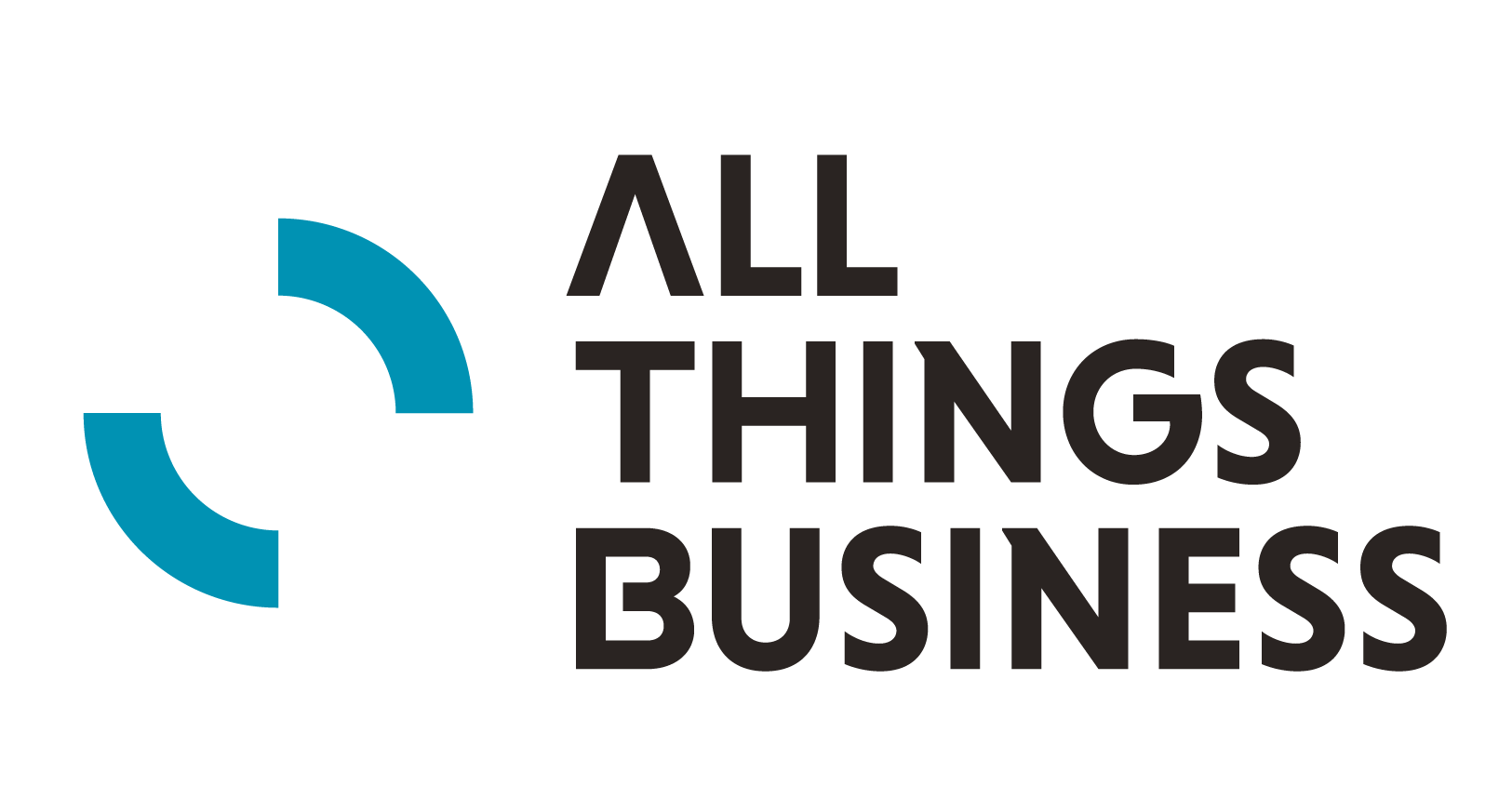In a letter in 1789, Benjamin Franklin used the famous phrase ‘In this world nothing can be said to be certain, except death and taxes’. We accept the likes of income tax and capital gains tax throughout our working lives, mitigating these when we can, yet many businesspeople ignore the tax that is, in fact, arguably the most punitive of them all – Inheritance Tax, or IHT.
This is where Franklin’s death and taxes are inextricably linked, and, understandably, it’s an area that can be difficult to think about, talk about or plan for.
Most businesspeople will be able to tell you that IHT is around 40% and that, due to a relatively new residence nil rate band, the ‘IHT free’ limit of an estate is £1m per couple (unless the estate is over £2m when the residence nil rate band starts to disappear). That sounds high, but what we are seeing, given ever-increasing property prices, is that more people are coming into the scope of IHT. Couples who bought a standard family home on a fairly modest mortgage 30 or 40 years ago may well find that the house is worth close to £1m, taking the estate value over the IHT threshold.
There are, of course, with careful planning, ways to reduce IHT liability and while I outline the fundamental courses of action here, it is important to seek professional tax advice about this complex area of tax before making any decisions about the passing on of assets and wealth.
Wills
Before we go any further, having a will is one of the most important aspects of passing on your assets. Having a will avoids any uncertainty as to how your assets will be distributed and will reduce the chances of conflict among your heirs, avoid delays in your assets being distributed and reduce problems in relation to more complex areas such as overseas assets.
Gifts of assets
Gifts to other individuals are often ‘potentially exempt transfers’ meaning they are exempt from IHT if you survive seven years from the date of the gift, and are charged at tapered rates if you die before then.
It is worth being aware of potentially triggering capital gains tax (CGT) liabilities when making gifts, and also, beware gifts with reservation (GWR) rules that mean you can’t just give away your house to your children and continue living in it and hope to avoid IHT – unless you’re willing to pay your children market value rent for the pleasure.
One option lots of clients look at is insuring the IHT exposure for that seven-year period – which can be surprisingly cheap, even for people well into their sixties.
Gifts of business assets
Provided certain conditions are met, assets used in a trading business or shares in a trading company benefit from relief from both CGT and IHT. The result is that any gain is held over and not taxable until the asset is disposed of by the recipient, and for IHT purposes it means no exposure even if you don’t survive seven years (as long as the recipient still owns the shares, or – for other business assets – as long as those assets still qualify for IHT relief).
Similar rules allow you to put unlimited value into trusts, again with no immediate CGT or IHT consequences.
Gifts out of normal income
If a gift forms part of your normal expenditure, is made from your income (salary, dividends, rental income etc) and leaves you with enough to maintain your normal standard of living, then the gifts are exempt from IHT and not subject to the seven-year clawback. It is important to be able to demonstrate a regular pattern of such gifts and to document them correctly.
Trusts
If you put money into a trust and (crucially) you and your spouse can’t benefit from that trust (but rather, say, your children and grandchildren can benefit) then the value leaves your estate immediately. Trusts also provide other benefits such as asset protection – meaning you can safely leave value for your children’s future benefit without the risk of them losing half of it in a messy divorce, for example.
It sounds easy, but it’s anything but, and there are lots of traps to be aware of, so professional advice should always be sought.
Combining tax efficient investment strategies and IHT planning
Offshore bonds: Instead of investing in their own name, individuals can invest through offshore bonds, essentially making them the policy holder of a life assurance product that won’t pay out for maybe generations. If structured correctly, the income and gains within the bond roll up entirely tax free and you can even take back 5% of the original capital tax free every year if it is needed. Properly constructed, policies are set up as thousands of ‘mini policies’ which can be gifted so your chosen heirs benefit from the tax-free growth. Such gifts are potentially exempt from IHT (the seven-year rule) and are not a disposal for CGT purposes.
Family investment companies (FICs): This normally involves setting up a UK company, lending money to it, and the company makes the investments you would otherwise have made in your own name. The company pays no tax on dividends, 19% on interest and gains (albeit soon 25%), and allows you get your money back tax free as loan repayments – a significantly lower tax burden than investing personally. Shares in the FIC typically have little value on Day One (its investment assets equalling its liabilities to you) but that will change as the investments start to perform, and that value falls into your estate.
However, shares could be gifted to your children or a trust for their benefit; their initial low value means the IHT and CGT consequences should be negligible. Care is needed, however, when deciding how the loans are structured so take professional advice.
Final thoughts
IHT is impacting on more and more families and can massively reduce the value you can pass to the next generation. It’s a complex area of tax with lots of booby traps but with proper care and good advice – particularly when using trusts or specific investment products –considerable protection from IHT can be achieved.
And remember, ‘deathbed planning’ is all but impossible – so don’t leave it too late!
For more information, contact Trident Tax on 0207 952 2921 or via www.tridenttax.com

